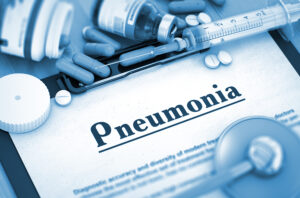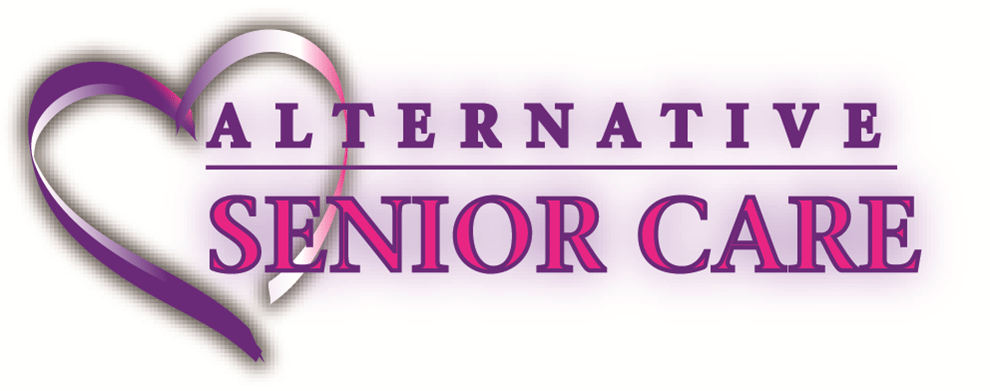Does Your Elderly Loved One Have Pneumonia?
How do you tell if an elderly person has pneumonia? If your elderly loved one is sick, you may be wondering this. The good news is there are some pretty telltale symptoms of pneumonia that you and elderly care providers can look out for in your loved one. It is important to know that elderly people do, in fact, have a higher risk of getting pneumonia than others. This is because they don’t have as strong of an immune system as younger people. However, there are some signs of pneumonia you can look for in your elderly loved one. If you recognize these, call your loved one’s doctor to get them an appointment. If the symptoms are too severe, don’t hesitate to take them to the doctor.
Having a Productive Cough

Elderly Care Albany, MN: Seniors and Pneumonia
Does your elderly loved one have a productive cough? This means they are coughing up yellow or green fluid. The fluid is usually pus or phlegm. Sometimes, there is blood in the fluid. If you aren’t around to check for this, but you hear your elderly loved one coughing on the phone, you can have their elderly care providers check. You can also ask your loved one if they are coughing up anything. If needed, have them take a picture of it and send it to you.
Confusion and Weakness
Two other things that you should look for that might signify your elderly loved one has pneumonia are confusion and weakness. Due to the weakness, your elderly loved one might lack energy, as well. The reason for the confusion is because the lungs aren’t able to take in enough oxygen. This can lead to confusion and issues with other organs in the body, too. If your elderly loved one’s body is barely taking in oxygen, they may have blue toes or fingertips. If this happens, get your elderly loved one immediate emergency care.
Chills and a Fever
Is your elderly loved one complaining of chills? Do they sit with a blanket and still can’t get warmed up? If so, you should check their temperature. Usually, the chills are associated with having a fever. Again, if you can’t check this and your elderly loved one can’t do it on their own, you can have an elderly care provider do it. If your loved one has a high fever, make sure they get emergency care. High fevers in young children or elderly people are very dangerous.
Conclusion
Now that you know the most common symptoms of pneumonia, you can keep an eye out for these in your elderly loved one. If you recognize any of these, but they don’t seem severe, you can call your elderly loved one’s doctor. However, if you are concerned or the symptoms seem severe, you should get your loved one immediate emergency medical care.
If you or an aging loved-one are considering Elderly Care in Albany, MN please contact the caring staff at Alternative Senior Care today. Providing Home Care in Central Minnesota and Surrounding Communities. Call us Today (320) 352-3350
Sources
https://medlineplus.gov/pneumonia.html
- Why Are ADLs and IADLs Significant for Seniors? - May 8, 2025
- How Senior Home Care Helps Seniors Live a Fuller Life - April 18, 2025
- Four Ways to Celebrate Spring With Your Homebound Elderly Loved One - April 3, 2025

